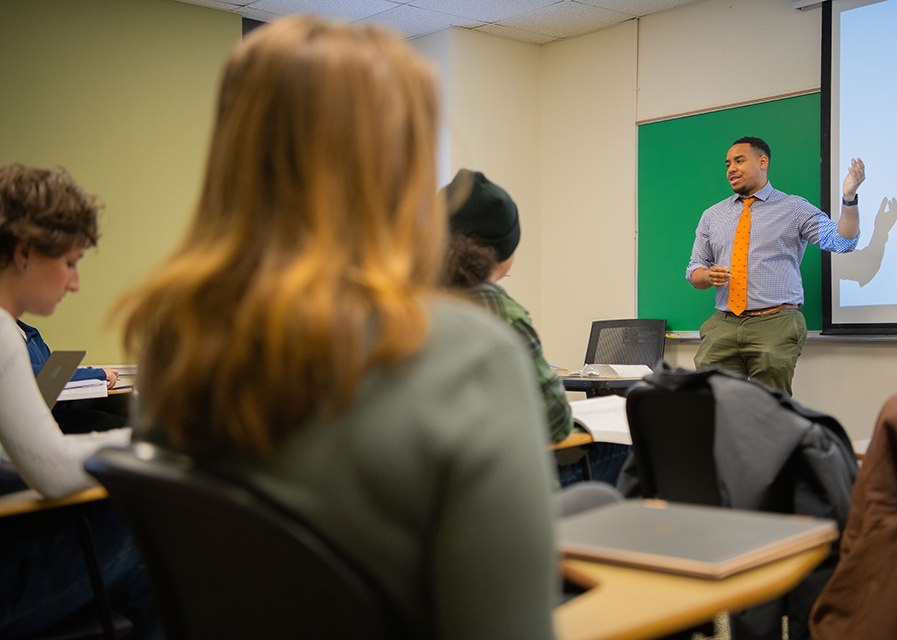

Congratulations to the 2023 WAC fellows:
Lindsey Bosko-Dunbar
Mathematics
Associate Professor of Mathematics
Working on the course MATH 250, “Foundations of Advanced Mathematics”
Ben Chan
Philosophy
Assistant Professor of Philosophy
Working on the course PHIL 315, “Ethics”
Stephen Ferguson
Biology
Assistant Professor of Biology
Working on the course BIOL 372, “Systemic Physiology”
Congratulations to the 2022 WAC fellows:
Craig Ford
Theology and Religious Studies
Assistant Professor of Theology and Religious Studies
Offering the course THRS 333, “Christian Ethics”
Anh Sy Huy Le
History
Assistant Professor of History
Offering the course HIST 213, “The Vietnam War Through Archival Documents”
Laura Krull
Sociology
Assistant Professor of Sociology
Offering the course SOCI/WMGS 346, “Intersections of Privilege”